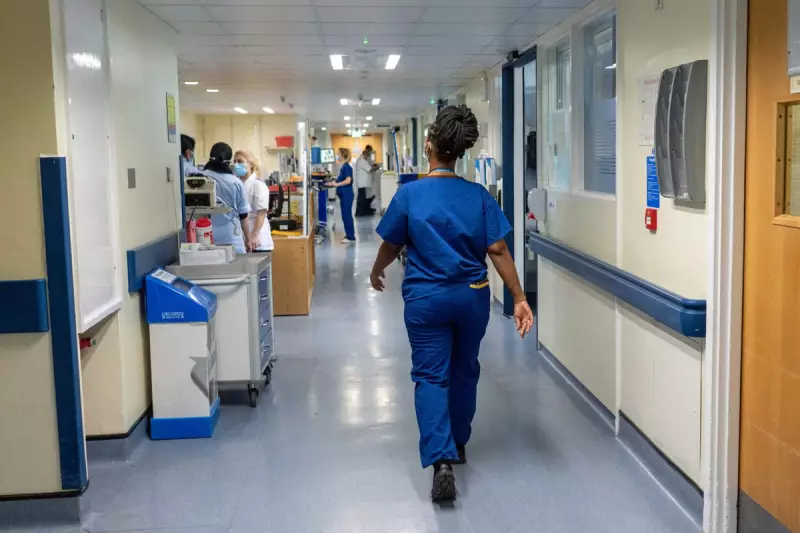
Dozens of NHS trusts across England have been instructed to implement immediate cost-cutting measures following a directive from the Department of Health and Social Care. The move has sparked fears over potential impacts on patient care and frontline services.
Health Secretary Wes Streeting has demanded that NHS trust leaders identify savings to address financial pressures, with some trusts reportedly facing deficits exceeding £100 million. The government insists the measures are necessary to ensure long-term sustainability, but critics warn of risks to service quality.
NHS Trusts Under Pressure
Multiple NHS trusts have confirmed receiving urgent requests to review spending, with some considering reductions in non-essential services and staffing adjustments. The financial strain comes amid rising demand for healthcare services and ongoing challenges in clearing treatment backlogs.
Government Defends Cost-Cutting Measures
The Department of Health and Social Care maintains that the savings drive aims to eliminate wasteful spending while protecting frontline care. A spokesperson stated: "We are working closely with NHS leaders to ensure every pound is spent effectively, prioritising patient outcomes."
However, healthcare unions have expressed alarm, arguing that years of underfunding have left the NHS with little room for further efficiencies without compromising care standards.
What This Means for Patients
While officials insist core services will be protected, experts suggest patients may face:
- Longer waits for non-urgent treatments
- Reduced availability of some specialist services
- Potential restructuring of local healthcare provisions
The situation remains fluid as NHS leaders negotiate with government officials to balance financial constraints with service demands.





